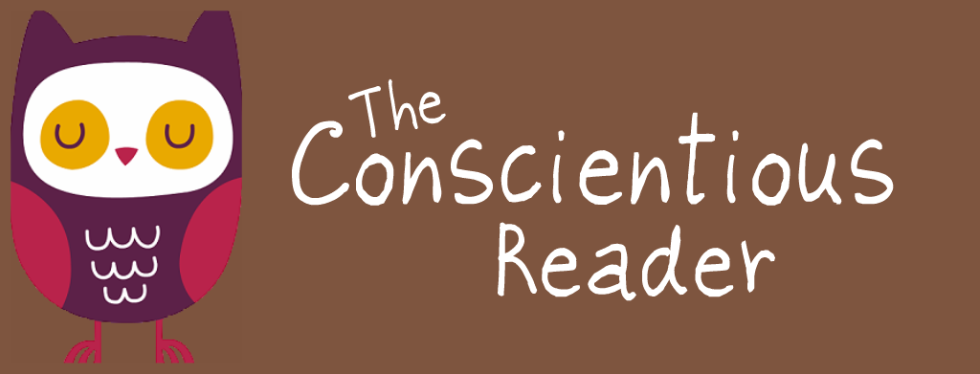From Booking Through Thursday:
There are so many crappy biographies … would you rather read a poorly-written biography of a fascinating life, OR an exquisitely well-written, wonderful read of one of a not-so-interesting life?
I'd much rather read an exquisitely well-written, wonderful read of one of a not-so-interesting life (or, in the case of the book I'm about to talk about, topic).
For several years now, I've been assigning a project where my students have to read a non-fiction book. I do this, I tell them and myself, so they will have several non-fiction topics under their belt and I will too. I introduce the assignment by doing a book talk over a non-fiction book I've read (several students then fight over this book...I usually let them all read it, I don't mind). Before I started assigning this project I really didn't read non-fiction, I'm finding that, now, I do! Anyway...they have the whole semester to read the book and complete this packet and then at the end of the semester we have book talks, where I have the students write down the title, the author and a phrase about each of the books that are being presented that way at the end they (and, let's be honest, I) have a wonderful list of books to read.
Every year there's a handful of books that I put on my TBR pile. One year there was a book that I wouldn't have even thought to read had my very nerdy Mathy student (who didn't really like to read and took Honors English because he knew that he should not because he liked it) not given an informative and delightfully geeky presentation. It's called Zero: The Biography of a Dangerous Idea and is about the advent of the number zero a number that we take for granted, but would have been considered heretic at one time, after all how can you 'count' nothing?
Here's what Barnes and Noble says about it:
A concise and appealing look at the strangest number in the universe and its continuing role as one of the great paradoxes of human thought.Anyway, I read it and LOVE it and recommend it to everyone...heck, I guess, I'm recommending it to you! Mr. Seife, the author, writes in such a way that I can understand numbers and physics and there's History and intrigue. Seriously, this subject in the hands of an author who couldn't articulate what he or she wanted to say would have made this book soooooo dry and boring.
The Babylonians invented it, the Greeks banned it, the Hindus worshiped it, and the Church used it to fend off heretics. Now, as Y2K fever rages, it threatens a technological apocalypse. For centuries the power of zero savored of the demonic; once harnessed, it became the most important tool in mathematics. For zero, infinity's twin, is not like other numbers. It is both nothing and everything.
In Zero science journalist Charles Seife follows this innocent-looking number from its birth as an Eastern philosophical concept to its struggle for acceptance in Europe, its rise and transcendence in the West, and its ever-present threat to modern physics. Here are the legendary thinkers--from Pythagoras to Newton to Heisenberg, from the Kabalists to today's astrophysicists--who have tried to understand it and whose clashes shook the foundations of philosophy, science, mathematics, and religion. Zero has pitted East against West and faith against reason, and its intransigence persists in the dark core of a black hole and the brilliant flash of the Big Bang. Today, zero lies at the heart of one of the biggest scientific controversies of all time, the quest for a theory of everything.



No comments:
Post a Comment